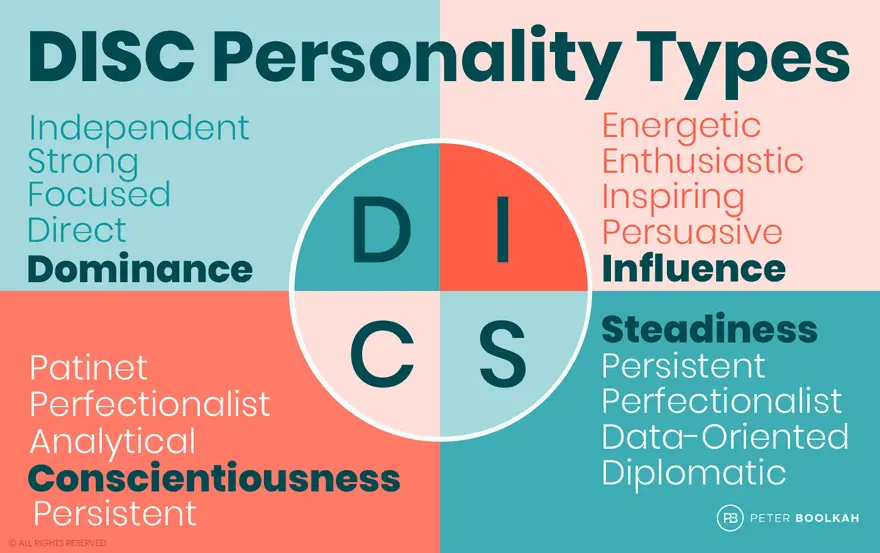Fixed Mindset and Growth Mindset
- partedu

- Jul 22
- 2 min read

When it comes to success, we tend to assume that smarter people are more successful. However, examining recent research from Stanford University will change your mindset and perspective. Carol Dweck, a psychologist, has spent a great deal of time studying attitudes and performance, and her latest study shows that a person’s mindset plays a larger role in their success than their IQ.
According to Dweck, people’s core mindsets fall into one of two categories:
Fixed Mindset or Growth Mindset.
With a fixed mindset, you believe that who you are is set and cannot be changed. This mindset causes problems when you face challenges because when confronted with something that seems beyond your ability, you become discouraged and stop trying. People with a growth mindset believe they can improve through effort. Even with a lower IQ, they tend to perform better than those with a fixed mindset because they embrace challenges and see them as opportunities to learn new things. Common sense suggests that abilities like intelligence can build confidence, but the determining factor in life is how you handle failures and challenges. People with a growth mindset welcome failures with open arms.
According to Dweck, success is about how you respond to failure. She describes failure for those with a growth mindset like this: failure is just information, and we label it as failure. But it is more like saying, "This solution didn’t work, but I am a problem solver, so I will try another way."
Do you have a fixed mindset or a growth mindset? Researchers suggest that the difference between fixed and growth mindsets can be examined through seven key characteristics.

1- Skills
Fixed Mindset: Skills are fixed and unchangeable.
Growth Mindset: New skills can be learned through hard work, effort, and training.
2- Feedback
Fixed Mindset: Feedback is criticism and a sign of failure.
Growth Mindset: Feedback is an opportunity for growth and improvement.
3- Competition
Fixed Mindset: They feel threatened or fearful of others’ success.
Growth Mindset: They are inspired by successful people or projects.
4- Failure
Fixed Mindset: Failure means you lack ability.
Growth Mindset: Failure is an opportunity to learn from mistakes for the next attempt.
5- Challenges
Fixed Mindset: They avoid challenges or difficult tasks.
Growth Mindset: They see challenges as opportunities for learning and development.
6- Knowledge
Fixed Mindset: They are afraid to admit when they don’t know something.
Growth Mindset: They are willing to say “I don’t know” and eager to learn.
7- Success
Fixed Mindset: Innate abilities determine success.
Growth Mindset: Ethics and effort lead to success.
Source: Faghihipour, Javad; Jannati, Hamed; Mostafavi, Sanaz; and Mohajeran, Arash (2021). Attitude Intelligence Skills: Concepts and Strategies. Tehran: Darolfonoon Publishing, First Edition.




Comments